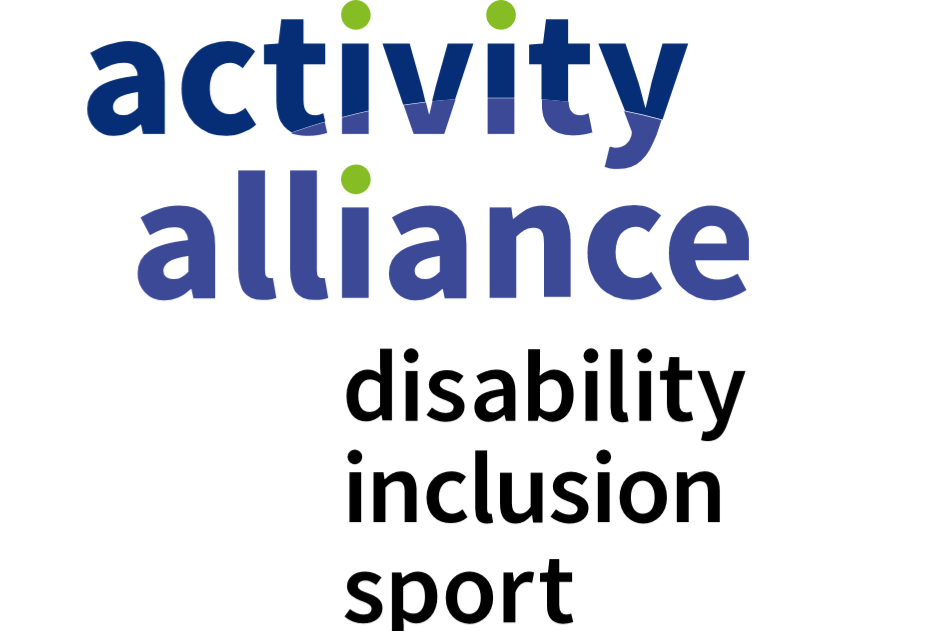
Today (14th November) marks the start of UK Disability History Month (UKDHM), an annual event dedicated to highlighting the journey toward equality for disabled people. It celebrates progress and advocates for a future of full inclusion and equal opportunity.
We spoke to Wilf Reeve, Media and Campaigns Advisor from Activity Alliance, the national charity and leading voice for disabled people in sport and activity, about the significant barriers that disabled people in the UK continue to face when it comes to being physically active.
Could you describe the work of Activity Alliance?
Activity Alliance pushes for inclusion to be at the heart of all plans in sport and activity and disabled people to be prioritised, locally and nationally. We provide guidance and support to ensure that facilities, programmes, and events are accessible to people of all abilities. By championing inclusive design, training, and awareness initiatives, we empower organisations to embrace diversity and make sport and physical activities truly accessible to all.
Why is sport and activity an important part of Disability History Month?
We know that sport and physical activity offer enormous health and wellbeing benefits. From wheeling or walking around a local park to attending a weekly yoga class the list of mental and physical benefits they bring can be endless. In addition to these benefits, sport serves as a powerful catalyst for social inclusion, personal development, and improved mental wellbeing.
Despite this, we still face a society where disabled people are not given the same opportunities to enjoy those benefits as their non-disabled peers. There are 16.1 million disabled people in the UK, (almost ¼ of the total population) yet the reality is that disabled people still face significant barriers when trying to be active in their communities.
Stark figures in our Annual Disability and Activity Survey released in June showed the true picture across the country. Disabled people are twice as likely to be inactive as non-disabled people. A disparity that has remained consistent since the first report was released five years ago. Less than half (44%) of disabled people say it’s easy for them to physically access outdoor spaces (vs 78% of non-disabled people). And disabled people are less than half as likely to ‘see people like them’ playing, working, and volunteering in sport and physical activity. These figures do not stem from a lack of enthusiasm to be active, with our figures showing that 76% of disabled people have expressed a desire to be more active.
This Disability History Month, as we share best practice, resources and training, we call on everyone to join us in our movement to create meaningful change.
Education can be key to confidently creating accessible opportunities. Our newly launched Learning Hub is home to a range of training, all designed to give individuals and organisations the tools and knowledge to be able to be more inclusive in their own activities. Courses include inclusive communications, the comprehensive CIMPSA accredited Inclusive Activity Programme and Delivering an Excellent Service for Disabled Customers eLearning course.
Our Activity Cards are designed for local community, sport or activity groups, and offer a range of ideas to help deliver inclusive, engaging and fun sessions.
Our Inclusive Communication Factsheets highlights the need to use a mix of trusted communication channels and think carefully about the language used in promotions. Grouped into key areas they ask providers to consider certain ideas such as ‘include me’, ‘listen to me’, ‘welcome me’ and ‘show me’.
Our ‘Ten Principles’ underpin a lot of the Activity Alliance’s work. They support sport and leisure providers to deliver more appealing and accessible opportunities for disabled people in conventional sport settings. Our Research Charter, co-created with disabled people, highlights best practice for conducting research. It sets out the ways in which we ensure that their research is barrier-free and will lead the way in setting out best practice.
To see a shift in disabled people’s activity levels major change is required. Activity Alliance will continue to lead the way, advocating for a future where everyone, regardless of ability, can embrace the transformative power of sports and activities.
If you would like to know more about Activity Alliance and how to make your sport more accessible and inclusive for disabled people, visit www.activityalliance.org.uk.
At Budget 2025, the Government confirmed changes to the business rates system from 2026-27, including a new system of relief for Retail, Leisure and Hospitality (RHL) businesses.
Read moreThe Sport and Recreation Alliance was delighted to have launched the Reconomics 3.0 report in Parliament this week, outlining the immense economic, health and social value of outdoor recreation.
Read moreThe Sport and Recreation Alliance is delighted to confirm former Rugby Football League (RFL) CEO, Ralph Rimmer OBE, as the Chair and Jack Baker as Deputy Chair of the new NGB Coalition.
Read moreJoining the Sport and Recreation Alliance is pretty simple, but worthwhile!
Register now